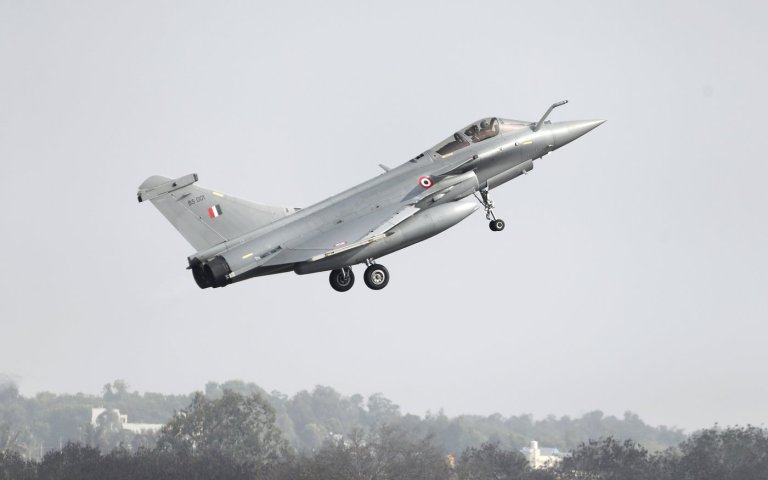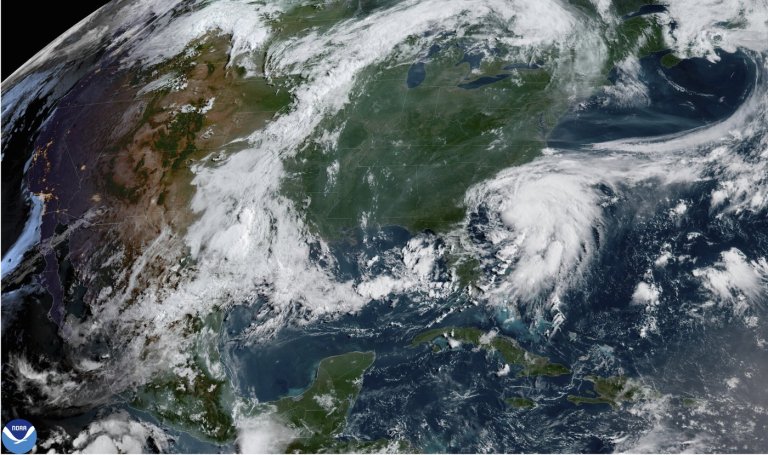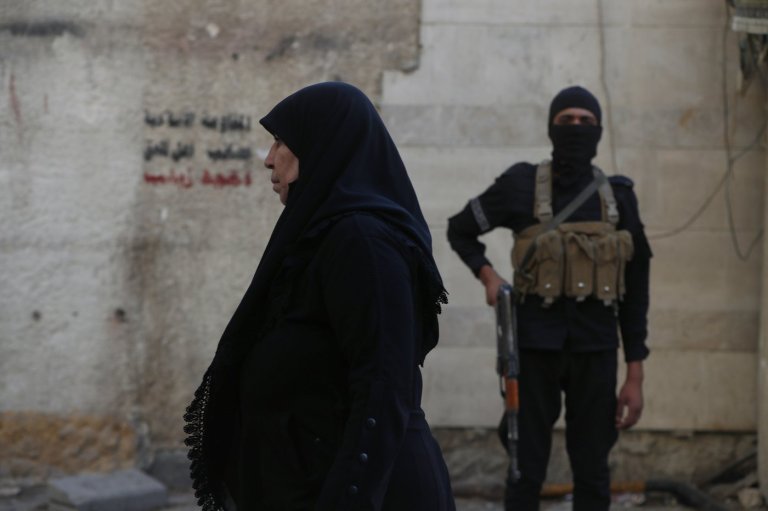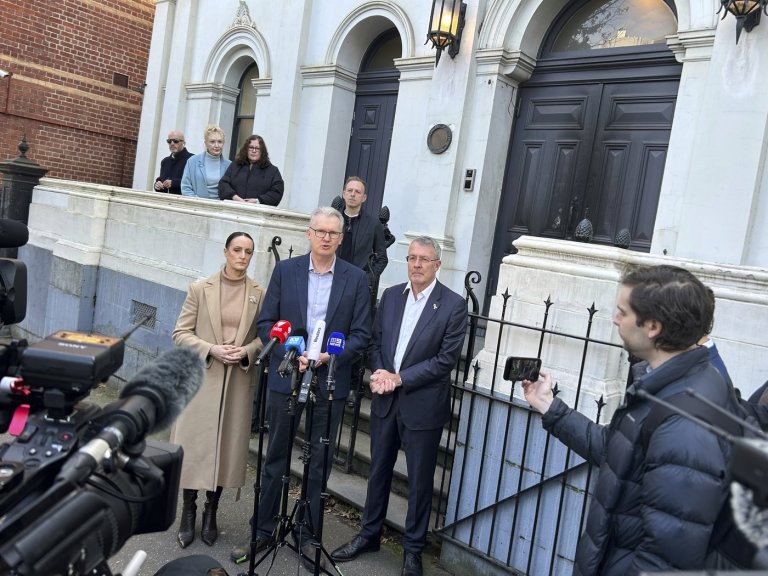Panel praises economic growth, notes Japan’s lack of reconciliation, before Abe speaks on WWII
TOKYO – A government panel commissioned by Prime Minister Shinzo Abe to review Japan’s recent history has praised the country’s postwar economic growth and commitment to pacifism but also cited a lack of reconciliation with China and South Korea.
The report released Thursday did not specify what Abe should say in a planned statement marking the 70th anniversary of the end of World War II next week, or whether he should use the same wording to convey an apology as was used in 1995 by then-Prime Minister Tomiichi Murayama.
Abe, known as a revisionist, is widely seen as trying to water down the 1995 apology by issuing his own statement, most likely focusing on the bright side of postwar Japan.
But the report, which acknowledges Japan’s past aggression and expansionism as wrong decisions made by the military, is apparently intended to soften skepticism over possible revisionism. It could complement possible historical shortcomings in Abe’s statement, expected on the eve of the anniversary of Japan’s surrender 70 years ago.
“I hope to make a statement that will convey to the world what we have learned from the war and what path we should proceed with, based on this report,” Abe said Thursday.
South Korea, however, criticized Thursday’s report as “one-sided.” China said it is watching how Japan tackles historical issues.
The 38-page report acknowledged that Japanese aggression led to its expansionism in Asia from the 1930s through Japan’s surrender on Aug. 15, 1945. The panel, however, did not reach a consensus on the definition of aggression, although members shared views on other issues, said co-chairman Shinichi Kitaoka, president of the International University of Japan and an expert on diplomacy and history.
The report urged sensitivity for the feelings of the victims of Japan’s wartime actions, noting that hard feelings remain not just in Asia but also in the U.S., Australia and European countries whose war prisoners were treated harshly by the Japanese Imperial Army. It said Japan should continue its efforts toward reconciliation with those countries.
“It is important for Japan to continue engaging in steady dialogue with China and (South) Korea towards reconciliation, while, at the same time, communicating with Southeast Asian countries with a sense of humility, without forgetting about the past,” the report said.
The report touched very lightly on Japan’s harsh colonization of Korea, and called on South Korea to co-operate in efforts toward reconciliation, saying Seoul’s often emotional responses to Japan’s colonial era have hampered reconciliatory moves.
South Korea’s Foreign Ministry said the report contained “distorted” views on postwar relations between the two countries, going against Seoul’s efforts to improve ties with Tokyo.
In Kuala Lumpur, Malaysia, Chinese Foreign Minister Wang Yi told Japanese counterpart Fumio Kishida on the sidelines of a regional conference that Beijing is watching how Japan tackles history in marking the milestone year, Kyodo News agency reported.
In Washington, the State Department said the U.S. welcomed Abe’s “positive comments” in the past year on issues of history, and his remarks on a visit to Washington in April about upholding the views expressed by previous prime ministers in regards to the past.
“We believe strong and constructive relations between countries in the region promote peace and stability and are in their interests as well as the interests of the United States,” spokesman Mark Toner said.
The report said that based on lessons learned from the war and on remorse, Japan has been “reborn as a country that is completely different” from what it was in the first half of the 20th century.
Kitaoka said the report is intended to provide an analysis of Japanese history and not to tell Abe what to do. “It’s up to the prime minister to decide what kind of message he plans to issue,” he said.
Abe has said he will not necessarily stand by the Murayama statement, although he later promised to keep it when China and South Korea protested.
In the 1995 statement, signed by Murayama and approved by his Cabinet, Japan offered its clearest and most extensive apology to war victims.
In his two previous war anniversary speeches since taking office in December 2012, Abe omitted war apologies and said Japan has faced its past and kept its peace pledges.
Abe has repeatedly said there is no clear definition of what constitutes aggression, and has refused to say whether he will make specific mention of colonial rule, aggression, or “feelings of deep remorse” and “heartfelt apology.” He has said focusing on language would trivialize the content.
___
Associated Press writer Matthew Pennington in Washington contributed to this report.
Follow Mari Yamaguchi on Twitter at twitter.com/mariyamaguchi
Join the Conversation!
Want to share your thoughts, add context, or connect with others in your community? Create a free account to comment on stories, ask questions, and join meaningful discussions on our new site.













Leave a Reply
You must be logged in to post a comment.